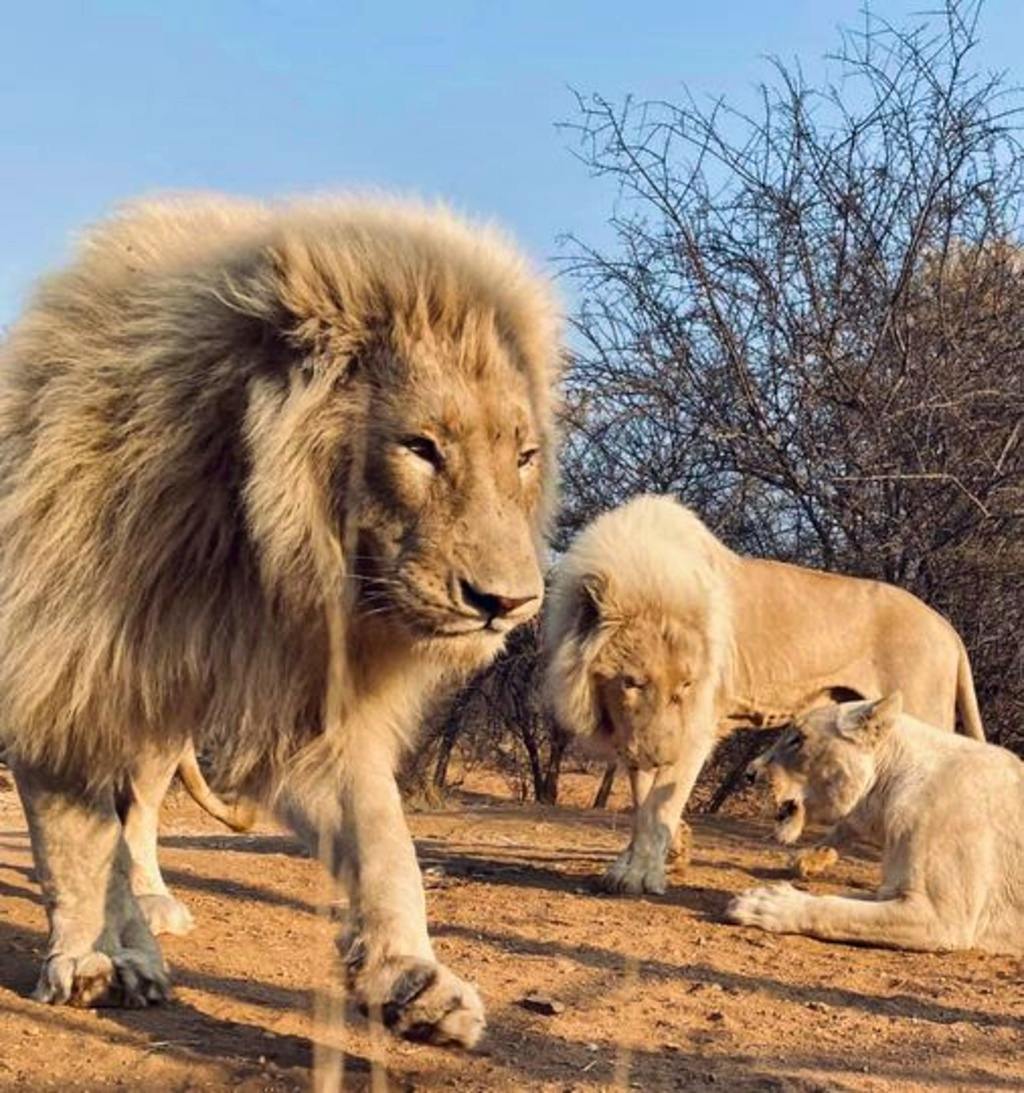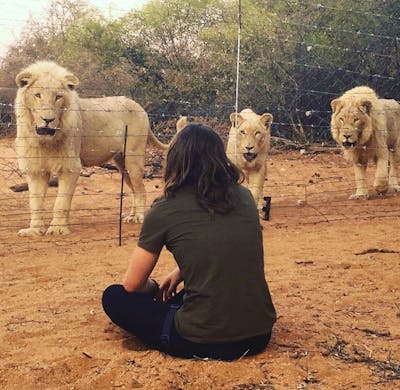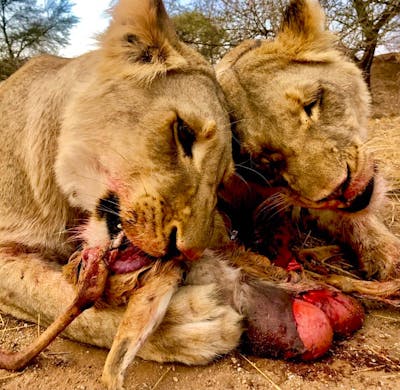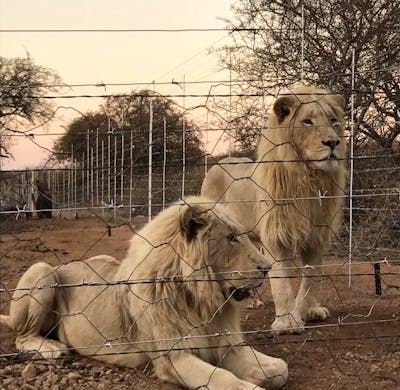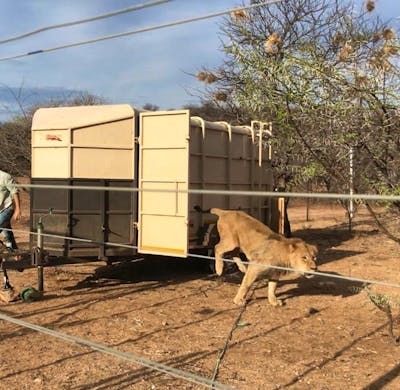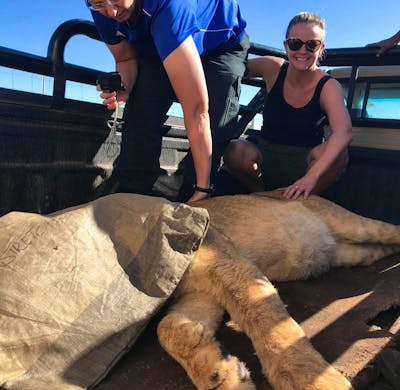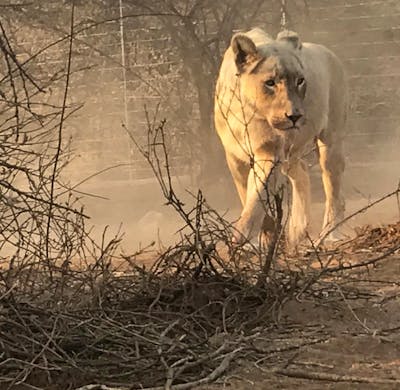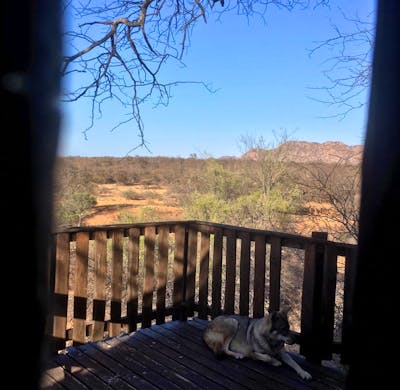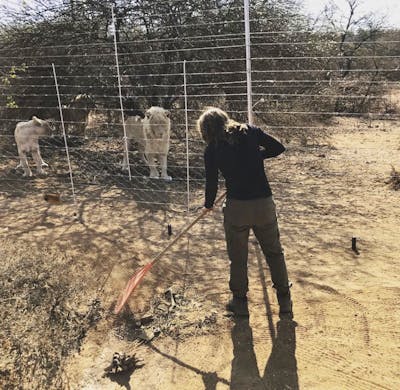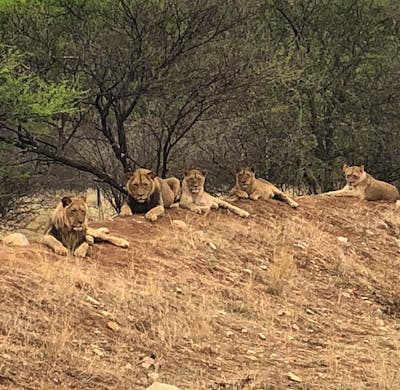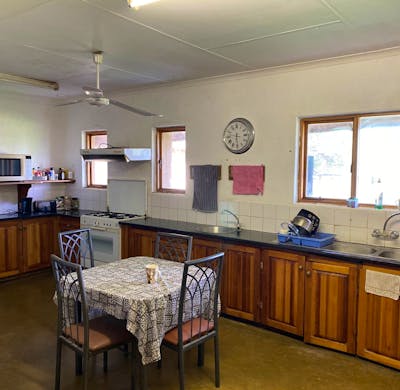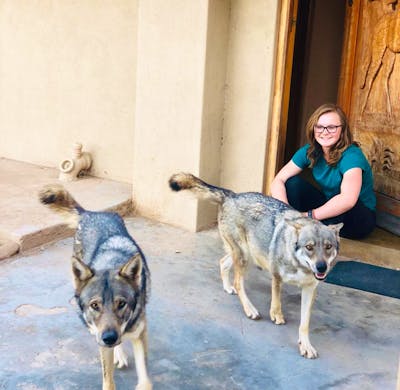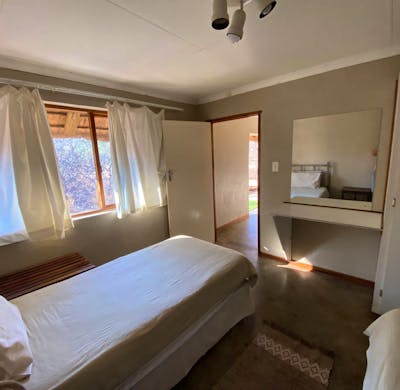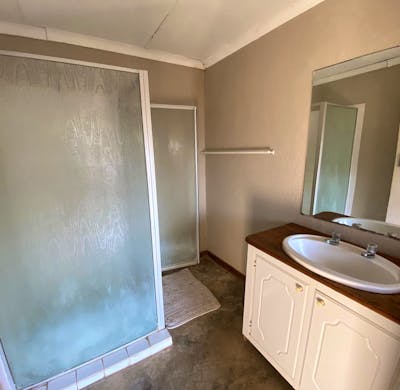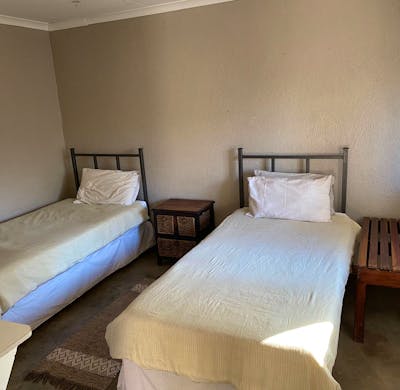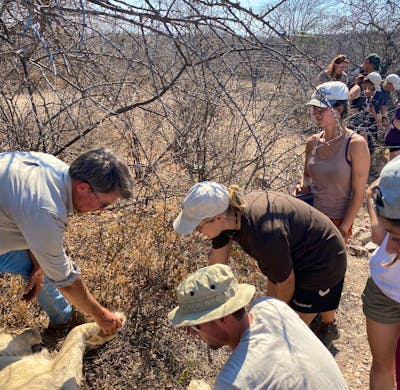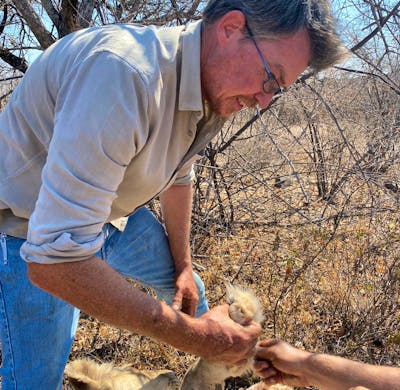vanaf 861€
Caring for Rescued Lions at a Sanctuary
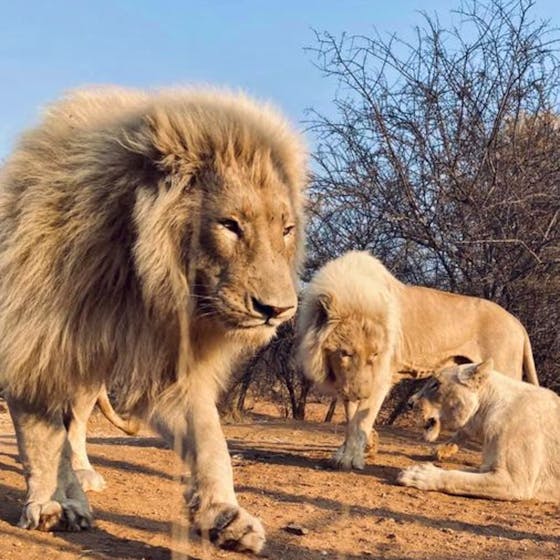
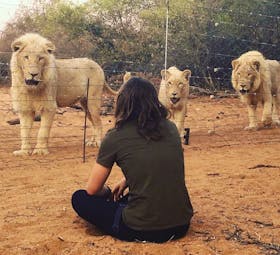
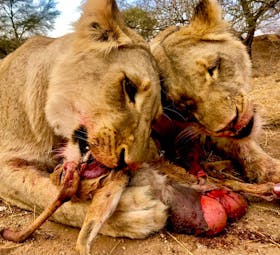
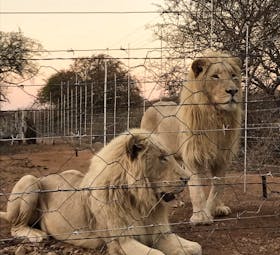
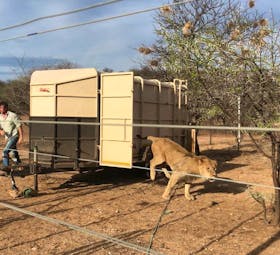
Highlights
- Care for lions rescued from the canned lion industry knowing that your assistance gives them a better chance of life at this ethical sanctuary. Please be aware, NO breeding takes place
- Assisting with game reserve duties which could include waterhole checks, boundary fence patrols, wildlife management and anti poaching duties...a great time to view other wildlife species
- There are three prides of lions in separate enclosures but volunteers also need to assist maintaining and building new enclosures so that more lions can be saved in the future.
- Experience the work of wildlife conservationists in the field...you may even be lucky enough to go across the border into Botswana where elephants and other species roam wild
- You will also have the opportunity to assist in the local community if you choose helping at one of the smaller schools. Upliftment for those in the area is of great importance too
Vooral geschikt voor
Over het programma
Give hands-on help with an ethical lion sanctuary in the northern part of South Africa caring for lions saved from bad circumstances.
The lion project originally started back in March 2016 with the aim to rescue lions from the cruel canned lion breeding industry -which is known to breed lions indiscriminately for trophy hunting and the lion bone industry- and to provide safe sanctuary for them in a more natural environment.
Currentl
Dagelijkse activiteiten
The description given is of a typical day (EXAMPLE). Please be aware though when working with wildlife, changes do happen. You will have two days off a week and a shopping excursion once a week to buy food.
06:00 Wake up, wash and get ready
06:30 Breakfast
07:00 Lion enclosure checks
08:00 Lion ...
Vrijetijdsactiviteiten
You will need to assist five days out of seven days with two days off. As the project is in quite a remote part of the African bush, there are no shops in walking distance or public transport so days off will be a chance for you to catch up on a book and relax around the swimming pool. It is also ...
Voorwaarden
Diensten ingesloten
Wat is er NIET inbegrepen?
Gegevens over jouw aankomst
Arrival and departure days are Fridays and you will need to fly in and out from Polokwane Airport via a connecting flight from OR Tambo International Airport in Johannesburg.
IMPORTANT: The project is situated about two and a half hours drive from Polokwane Airport, which is where you will arrive and depart from. Due to the distance please note the following:
· For arrival, your flight MUST arrive at Polokwane Airport no later than 14:30.
· On your departure day, your flight MUST depart no earlier than 10:00.
Programmakosten
Ontmoet je organisatie
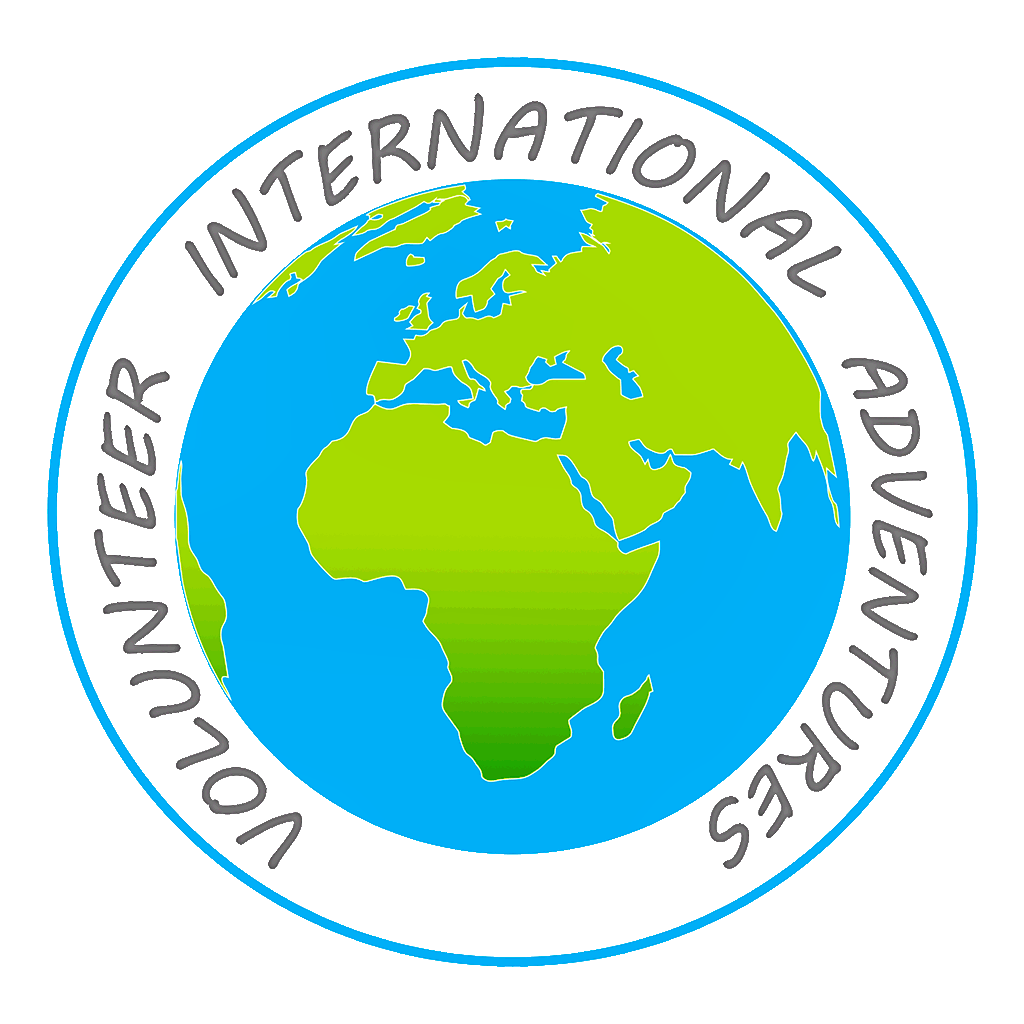
Volunteer Int. Adventures
Agentschap
Geverifieerd door Volunteer World
Gepresenteerd door
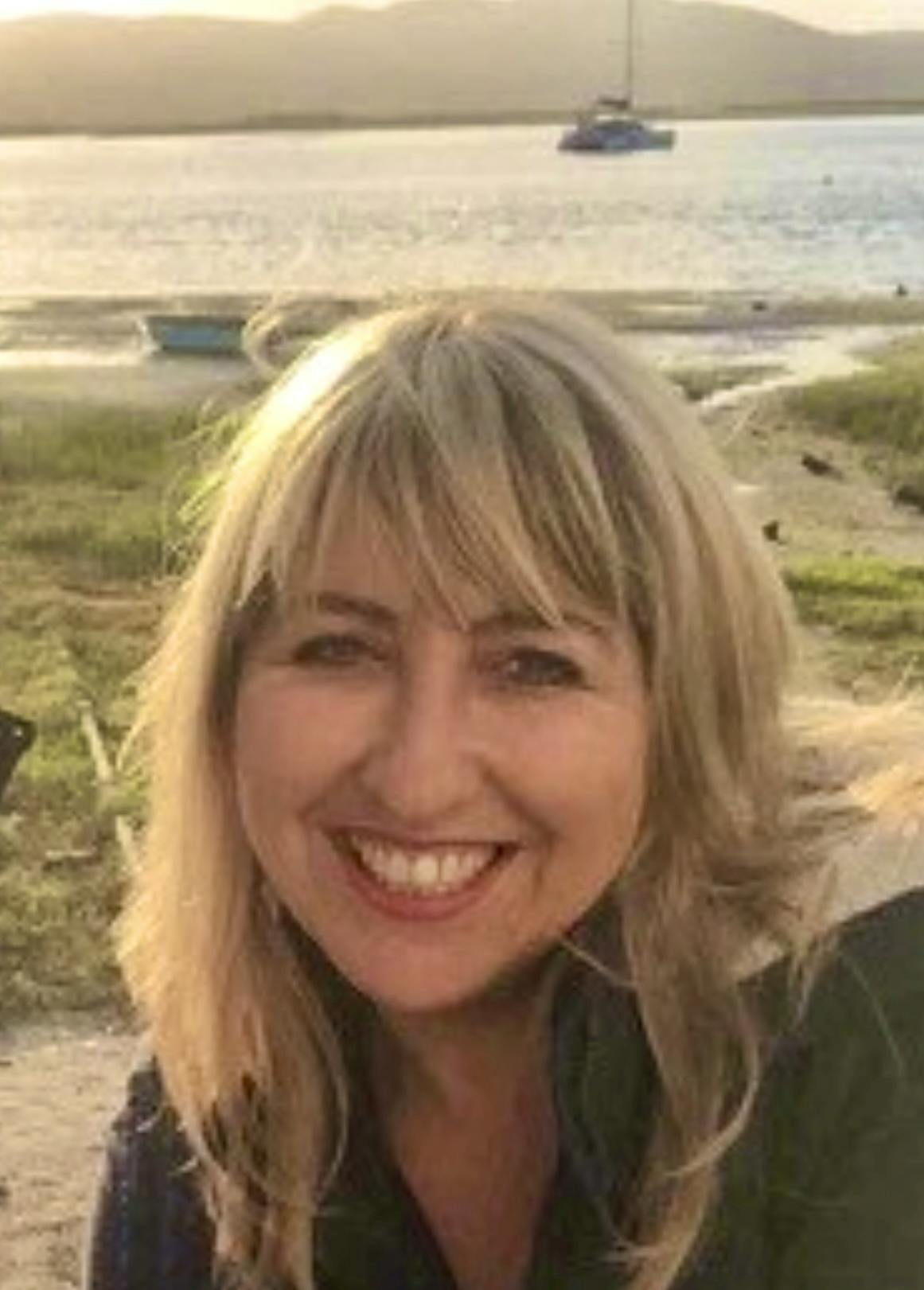
Sharon
Over de organisatie
58 beoordelingen ·  4.8
4.8
Plaats

Misschien ben je ook geïnteresseerd in
-
Bescherming van leeuwen
Groep
Dieren in Afrika
Zuid-Afrika grote katten
Dieren in ZuidAfrika
Grote Katten
Stage Zuid Afrika
Vrijwilligerswerk op korte termijn
Grote 5
Koppels
Wilde Dieren in Afrika
Project buitenland
Missietrips naar Afrika
Bescherming van leeuwen in Zuid-Afrika
Vrijwilligersreizen voor studenten
Volwassene
Beste vrijwilligersprogramma's
Wilde dieren in Zuid-Afrika
50 Plussers
